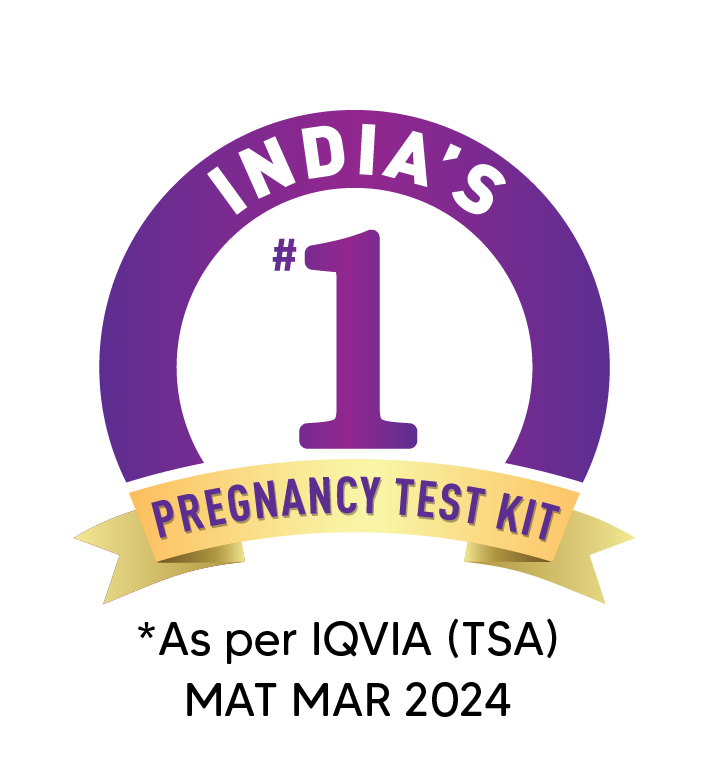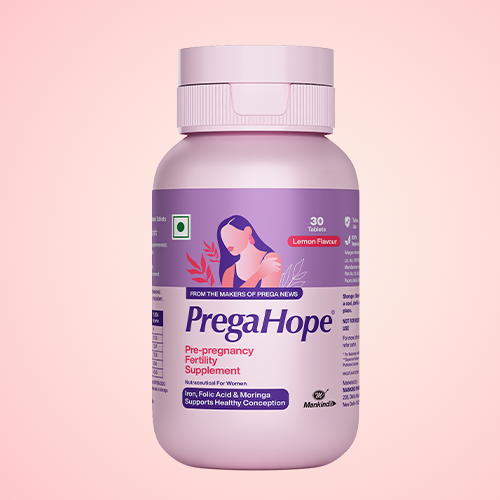- Product
-
Digital Tools

Ovulation Calculator
Learn your ovulation date and increase your chances of conceiving by tracking your most fertile days.

Pregnancy Due Date Calculator
Find out your little one’s expected arrival date and get a head start on all the baby planning.

Pregnancy Test Date Calculator
Find out the best date to take a pregnancy test for reliable results by ensuring proper hormone levels.
-
Mothers' Hub
Can medications impact the accuracy of your ovulation test results?
The Ultimate Guide to Read One Step HCG – Pregnancy Test Lines
How Pre-Pregnancy Supplements Boost Your Fertility
Natural Fertility Boosters: Incorporating Prega Hope Lubricant into Your Preconception Lifestyle
View AllPregnancy Testing: by an advanced method using an advanced kit
Postpartum Care: Healing And Fading Stretch Marks With The Help Of Cream
Pregnancy Skin-Care: How Prega Happy Anti Stretch Mark Cream Fits into Your Wellness Routine
Brain Development in children : Top 5 Brain activities
Common Diseases Of The Newborn Baby You Need To Know
View AllPost-Term Pregnancy: Risks and Options
-
Our Initiatives
-
Highlights
Select Your Journey


160
Units sold every minute in India*
Prega News Kits sold in 2023-24









































